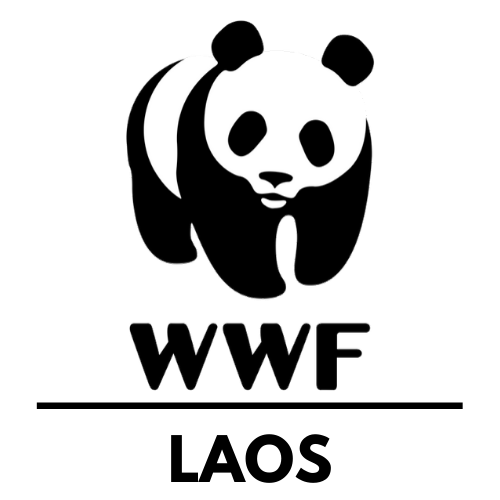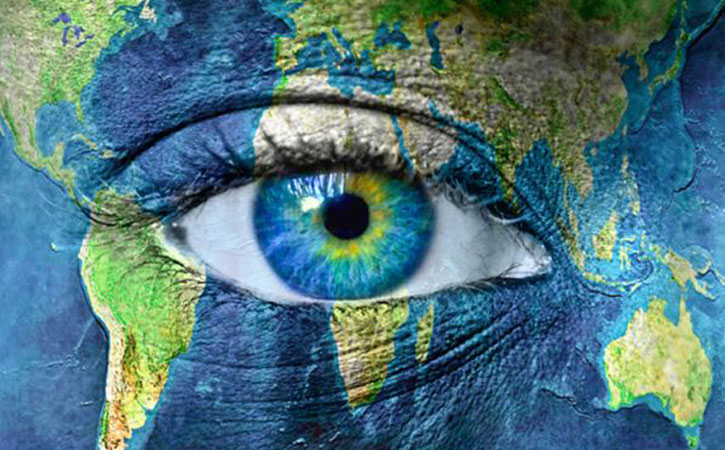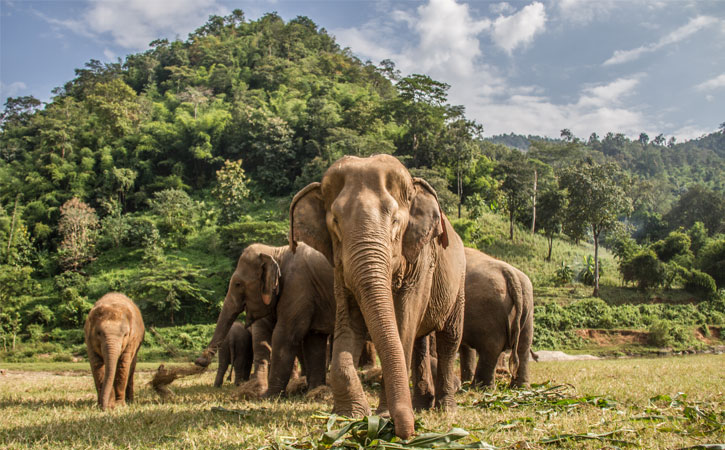International relations and interactions between trans-states are usually more likely to prioritize state actors and ignore non-state actors.
This is because state actors have the desire to be able to protect the sovereignty of their own countries in the aspect of the interaction between countries so that policies and decisions that will be taken next will not be influenced by non-state actors (Lewis, 2009: 1 ). The presence of the International Non-Governmental Organization or INGO then opens wider access for actors in international relations especially non-state actors to be able to have a role and can be further involved in relations and also international interactions in any aspect such as political, social, security, economic, environmental, human rights aspects and so on. INGO, which became an independent organization in its formation INGO besides acting as a ‘friend’ of state actors in helping to resolve certain issues, in fact, INGO was also able to be an opponent who had opposing views on state actors. For example, INGO, which has a focus on human rights issues, often becomes an organization that opposes the state government because it considers that the government within the country is unable to protect the human rights of its citizens because its citizens tend to experience frequent exploitation and conflict. Threaten their human rights. Another example is INGO, which operates in the field of the environment, such as Greenpeace, which quite often criticizes policies taken by the government in a country that is considered to industrialist and does not pay attention to its influence on the surrounding environment both now and in the future. INGO’s opinions and thoughts that are contrary to the state government are then made by INGO as an effort to be able to influence the actions of other actors, especially state actors in the realization of INGO’s main interests and objectives in fighting for the social welfare of the international community (Karnst & Mingst, 2004).
Based on its membership, WWF consists of members who are not part of the government in a particular country. Membership in WWF consists of groups, associations, organizations, and individuals therein (WWF Indonesia, t.t). Looking at membership in WWF, this means that WWF provides a place and also opportunities for individuals and communities from various elements to be able to participate in the realization of the goals, functions, and also the role of WWF as an INGO. WWF also then participated in the process of development and also social change, especially regarding issues of conservation, research and environmental restoration that cannot be carried out by the government or state actors. INGO itself has an important role in the country, and also IGO, among others, is as implementers, catalysts, and partners (Lewis, 2009: 2). INGO’s role as an implementer focuses on mobilizing resources to be able to provide goods and services for the people who really need them. The supply of goods and services includes medical equipment, agriculture, microfinance, disaster management, and others (Lewis, 2009: 2). INGO, as a catalyst, is that INGO has the ability to express opinions and provide facilities and also contribute ideas for the country and also IGO in the realization of social transformation. INGO, as a partner, means that INGO with the country and IGO can work together on certain aspects of specific issues to be able to realize the goals and functions that have been determined previously.
WWF, in its role as an implementer, provides assistance in the form of monitoring and supervision of various conservation and environmental restoration as well as supervision of the exploitation and trade of wild animals in a country through the TRAFFIC program. The TRAFFIC program is a program that monitors wildlife trade and ensures that trade in animals and flora does not pose a threat to the nature conservation program. WWF, in its role as a catalyst, seeks to develop country policies and priorities regarding environmental conservation, research, and restoration. WWF ensures that natural values can be reflected in decisions made by individuals, communities, and governments and make efforts to reduce the dependence of local communities on the use of natural resources (WWF, 2015). For example, WWF encourages governments to continue to develop programs on the Heart of Borneo and Save Sumatra in an effort to protect the conservation of national parks and the ecosystems of the island of Sumatra and Kalimantan, Indonesia (WWF Indonesia, t.t). WWF, in its role as a state partner, supports decisions and also state policies in the aspects of conservation, research, and environmental restoration, especially regarding the protection of wild animals in a country. For example, WWF encourages the development of a biodiversity vision for endangered species in Indonesia, such as the Sumatran Rhino, Orangutan, Sumatran Tiger, and Elephant. The vision was previously adopted in the Indonesian government document, namely the Sumatra-Ecosystem Rescue Road Map-Vision 2010 (WWF Indonesia, t.t).



